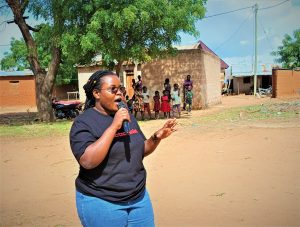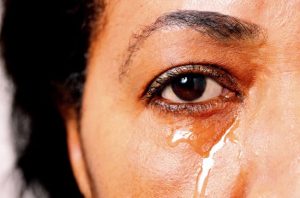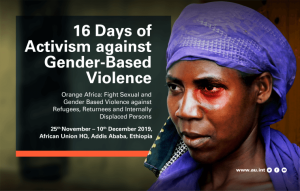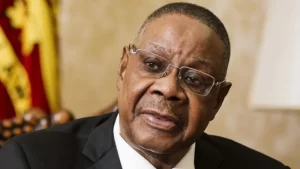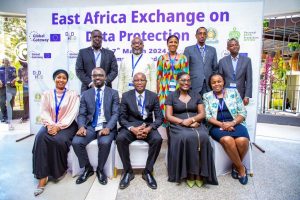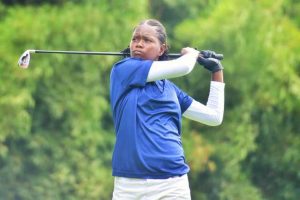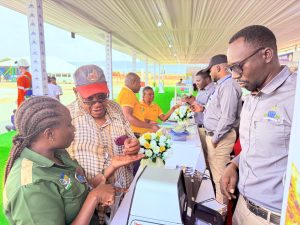Gender Equity Activists Convene To Push For Women’s Rights On Land Ownership, Inheritance
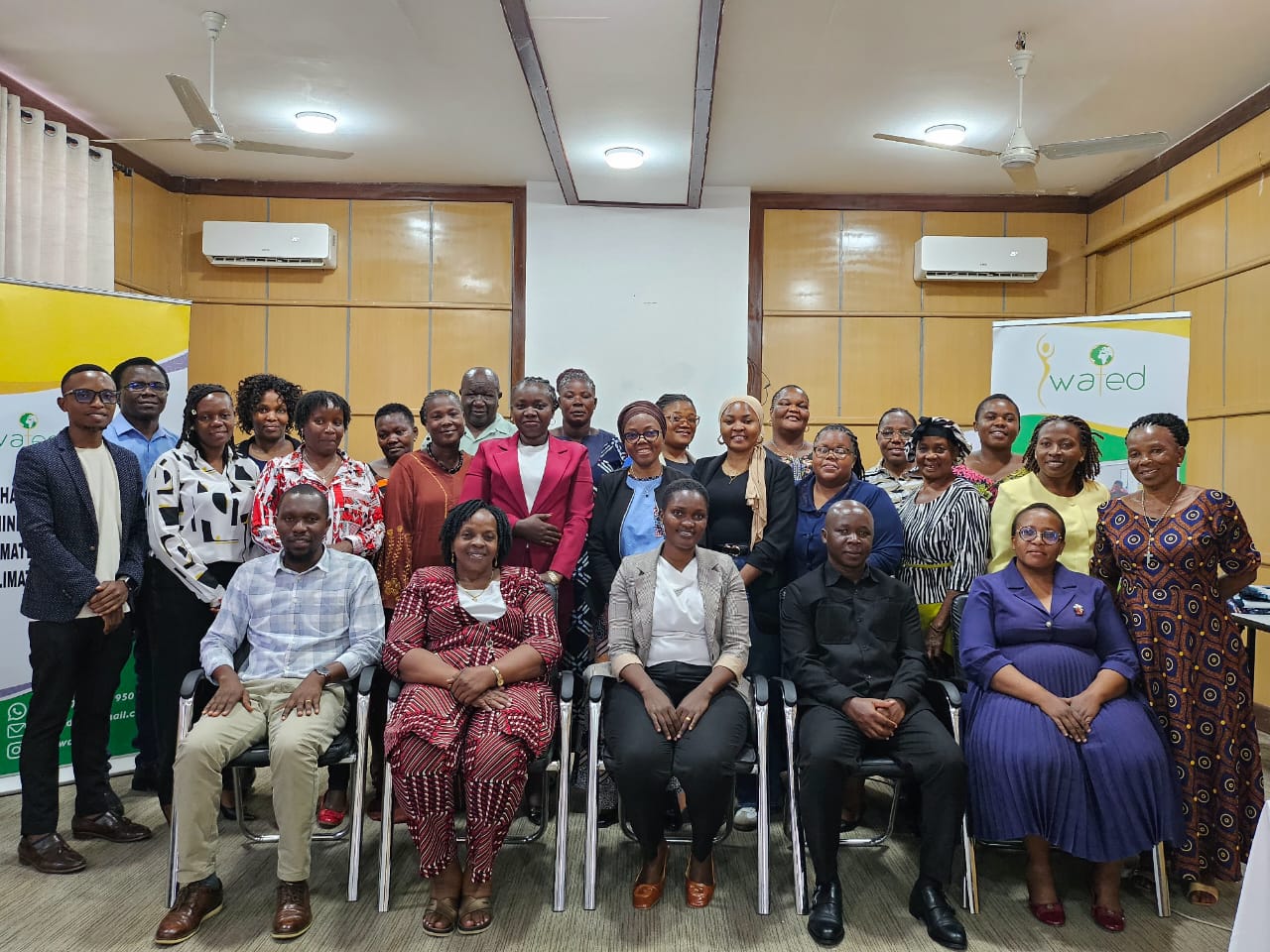
IN A NUT SHELL
The organisations include Women Action Towards Economic Development) in Tanzania, (WATED) ,Women Action on Eco-health And Legal Rights (WAE-HEAL), Tree of Hope and Private Security Gender and Human Rights Platform (PRISEP).
DODOMA. GENDER equity advocating activists have raised grave concern over women in rural communities across the country to have been crowded- out from their statutory rights on land ownership and inheritance.
They expressed, to a larger extent the deprived tendency is thwarting efforts by women in those areas to deliberate themselves economically.
To that end, a coalition of organisations working in gender advocacy convened in Dodoma Capital to brainstorm, and set fresh strategies meant to ensure women dwelling in marginalized communities are in access to land ownership and inheritance.
The organisations include Women Action Towards Economic Development) in Tanzania, (WATE ,Women Action on Eco-health And Legal Rights (WAE-HEAL), Tree of Hope and Private Security Gender and Human Rights Platform (PRISEP).
Speaking during the forum, coordinator of PRISEP, Ms. Yvonne Mtango expressed that majority of women in the country are subjects to diverse policy and regulations barriers pertaining to their rights on decision making, as well as mobilisation of resources.
“The revised National Land Policy in (NLP) 2023, that has been building on the original 1995 policy, recognizes the rights of women in land ownership and inheritance, but despite the friendly policy most women are far away from owning lands,” she observed.
The updated policy focuses on enhancing land tenure security, promoting equitable land access, attracting foreign and diaspora investments, improving land use planning through technology like online geo-portals, and ensuring gender equality in land ownership rights.
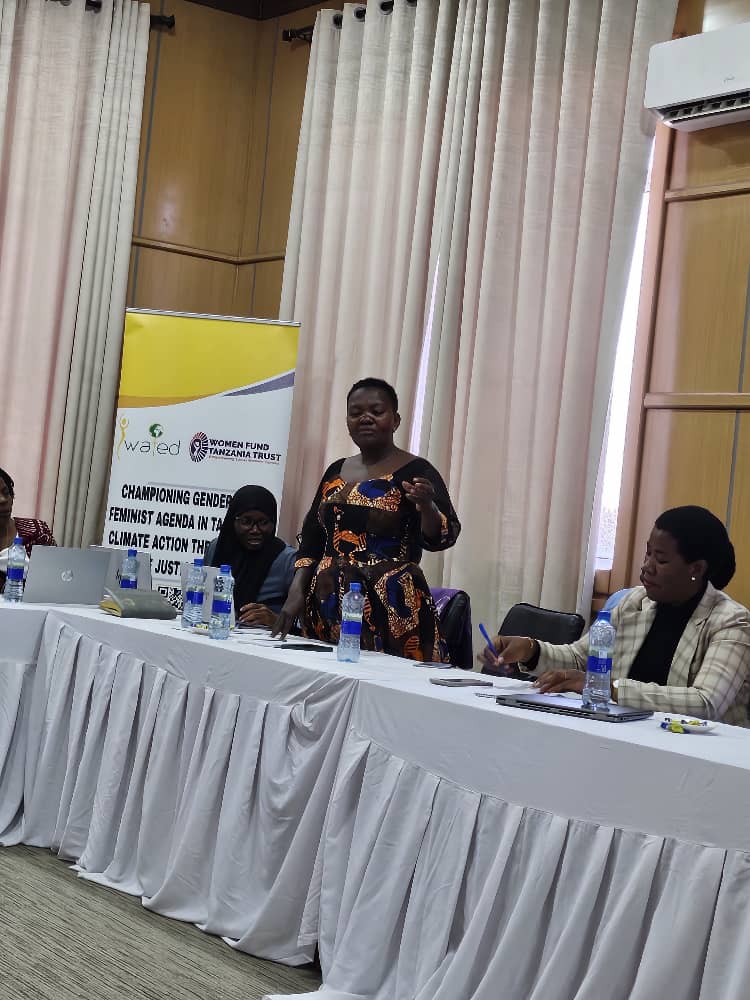
” This policy is also reflecting the ongoing national efforts to fight against negative impacts of climate change. The policy, among others, provides a crucial podium to solve challenges of women to own land,” she added.
She added, in order to foster gender- equality, food security and sustainable use of land in Tanzania, it was prudent for women to be highly considered when it comes to land ownership and inheritance.
Giving further observations over effects of climate change towards women in remote communities, Ms. Mtango named droughts spell, floods and unpredicted rains among the chief setbacks that frustrate economic growth of women in those areas.
“These challenges are seriously affecting the women in rural areas because most of them are banking on rain water to grow food crops for feeding their families, as well as some economic cash crops for meeting basic amenities for their households,” she informed.
She insisted, her Organisation, Private Security Gender and Human Rights Platform (PRISEP), was working to press the government to ensure for effective implementation of the inclusive policies meant to address challenges of climate change towards women in rural communities across the country.
Together with that, she underscored the need for the government to strengthen viable strategies for eliminating a spate of masculinity systems and negative traditions towards the women.
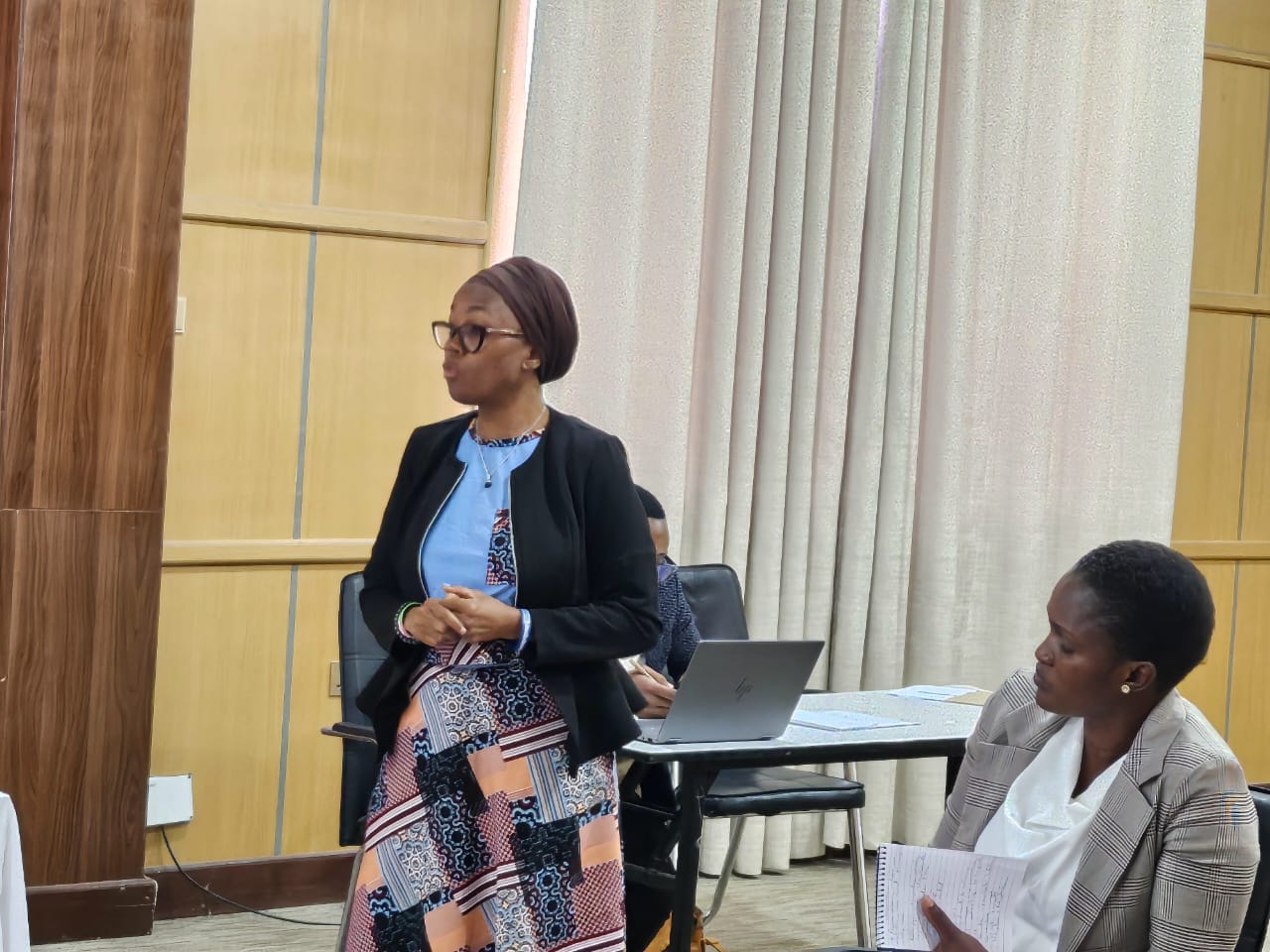
“The malpractices in the concern, include women to be sidelined in decision making, inheritance and ownership of land, as well as unfriendly perception towards women within local communities,” she expressed.
For her part, coordinator for Women Action Towards Economic Development) in Tanzania. (WATED), Ms. Maria Matu, said the forum was tailored to endorse a special report which has been developed from various opinions from relevant stakeholders from Ruvuma, Morogoro, Iringa, Mwanza, Kagera, Geita, Arusha and Tanga regions.
She said the opinions were collected through an array of methods, including special organised dialogues, training sessions, and interviews with potential stakeholders from different civil society organisations (SCOs).
Speaking during the forum, the participant from Ifakara district, Morogoro region, Ms. Ebenita Chamanga, hailed several efforts being undertaken by the government in partnership with non- governmental organisations (NGOs) to educate the public over women’s rights on land ownership, climate change and gender based violance (GBV).

